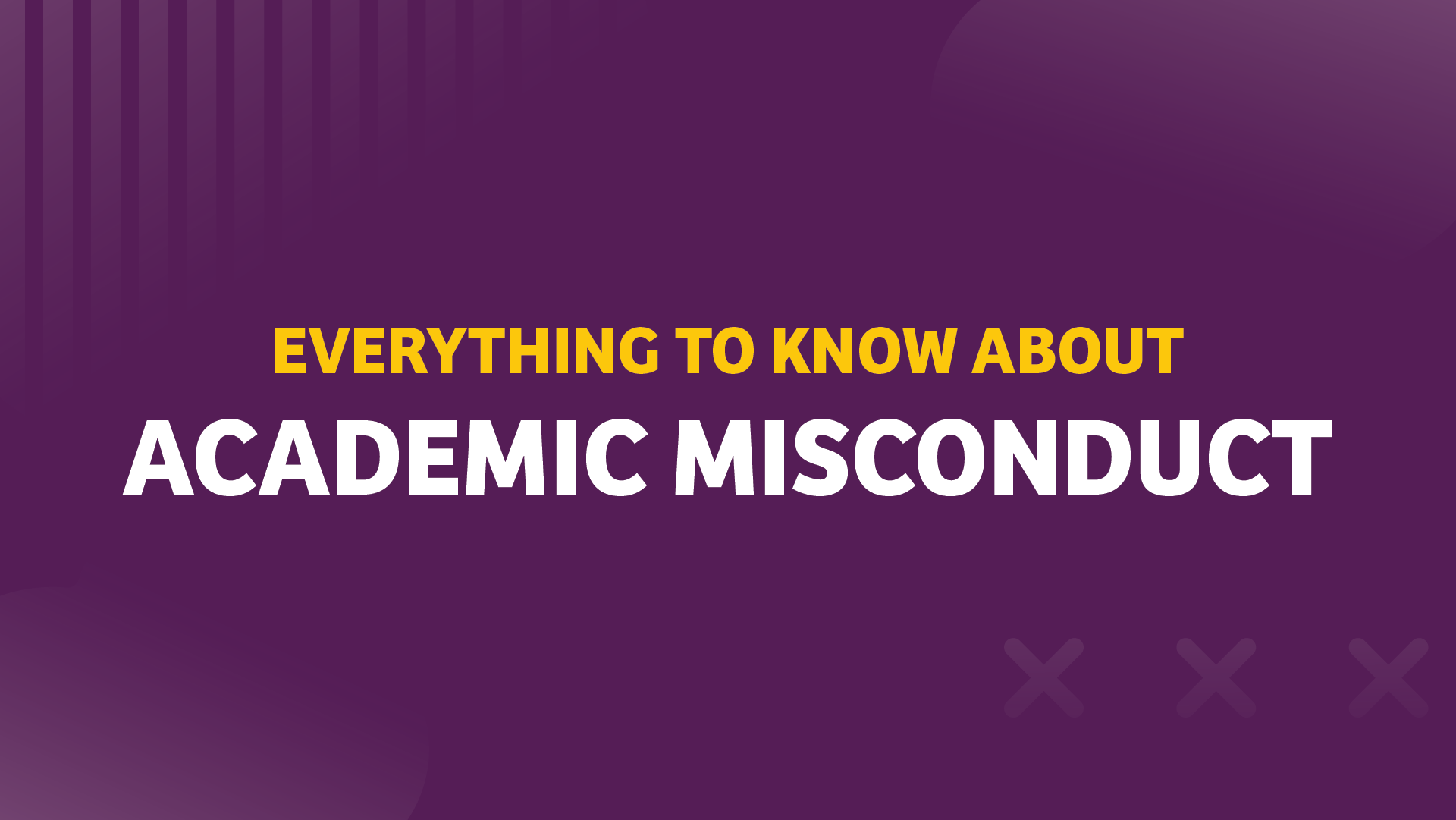Academic Misconduct
There’s no two ways about it, being suspected of academic misconduct is serious and stressful. The UWSA’s VP Student Affairs is familiar with the policy and procedures regarding how to appeal an academic misconduct claim. The VPSA is available to help support, guide, and represent students during all levels of the process. Students have the right to represent themselves and to be accompanied throughout the process.
The VPSA is familiar with Academic Misconduct Policy and Academic Misconduct Procedure and can advise students about their specific case and how it relates to the University’s procedures.
For more information on what to do if you’ve been accused of academic misconduct, read and download A Students’ Guide to Academic Misconduct Procedures here.
Download the black and white version of the guide here.
Contact advocacy@theuwsa.ca for assistance.
Two institutional practices to be aware of:
Emails: Under the new Academic Misconduct policy all communication throughout the process will occur through students’ official U of W Webmail addresses. According to University policy, it’s each student’s responsibility to check their Webmail accounts regularly, e-mail forwarding can be set up.
Teachable moments: Instructors have the option to use a teachable moment as a discretionary alternative to a formal charge. Instructors may be more likely to consider a teachable moment if the suspected academic misconduct is understood by the instructor as an honest mistake or a case where the student has not learned proper citation techniques. An instructor who believes a student intentionally plagiarized, or cheated, is more likely to begin a formal process than use a teachable moment.
There are four levels in an academic misconduct case:
Level I – Meeting between the instructor and student
Level II – Departmental Review Committee
Level III – Senate Academic Misconduct Committee
Level IV – Senate Academic Misconduct Appeal Committee (if the Level III decision is appealed)
If you are suspected of academic misconduct:
- Be honest
- Provide as many relevant details as possible
- Participate in the process – it’s your right






